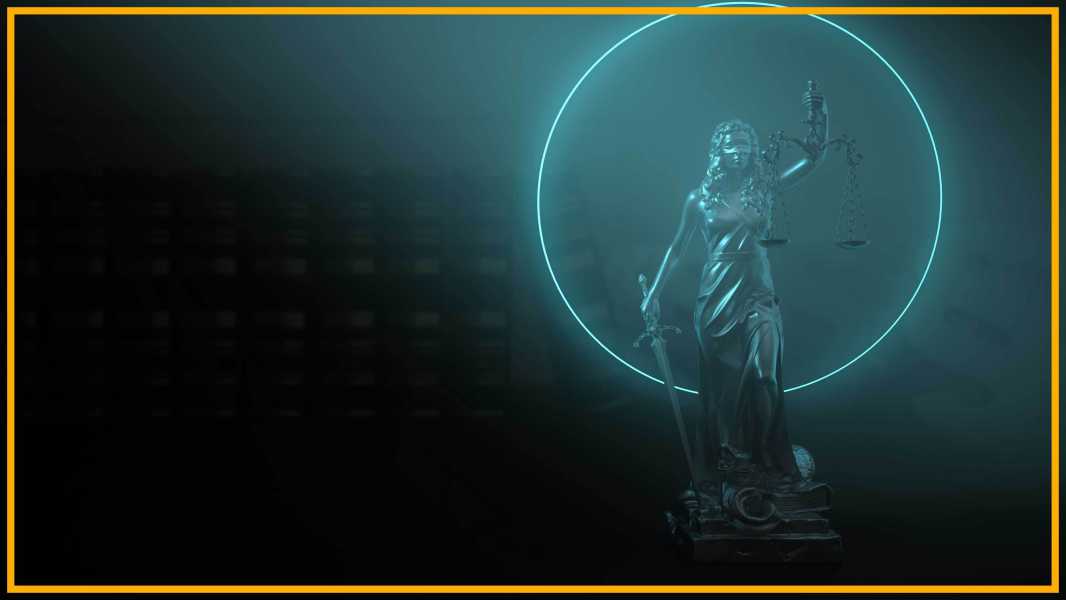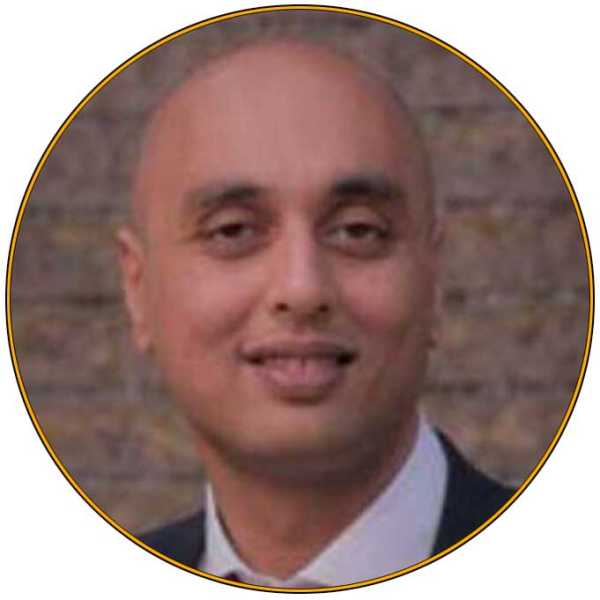
Using AI to predict crime could have unexpected and frightening consequences. (Image credit: style-photography/Getty Images)
In his magnum opus, The Gulag Archipelago, Nobel laureate Aleksandr Solzhenitsyn described the horrors of Stalinist communism, arguing that “the line between good and evil runs through the heart of every human being.” Indeed, under the communist regime, citizens were isolated from society before they could do harm. This process, which often involved sending people to labor camps from which many never returned, was carried out without adequate legal protection. Often, a mere suspicion or hint of possible action against the regime was enough to get a one-way ticket with virtually no chance of recovery. The central idea is that the authorities knew when someone was likely to commit an offense. In other words, law enforcement knew where the line was in people’s hearts.

Akhil Bhardwaj is Associate Professor of Strategy and Organization at the University of Bath, UK. His research covers extreme events ranging from organizational disasters to radical innovations.
The UK government has decided to counter this threat by investing in a programme that aims to predict who is likely to commit murder. Specifically, the project uses government and police data to create profiles of people in order to ‘predict’ their likelihood of committing murder. The programme is currently in the research phase, and similar initiatives are being used in the context of probation decisions.
A program like this, which reduces people to a data set, carries significant risks that may outweigh any potential benefits. First, the results of such programs are prone to error, which could lead to people being recruited inappropriately. Second, we will never know whether the prediction was wrong, since there is no way to determine whether something went wrong—whether a murder was prevented or would never have happened is an open question. Third, the program could be misused by unscrupulous actors to justify the persecution of people, especially minorities—an opportunity built into the bureaucracy.
Note that the foundation of a bureaucratic state is its ability to reduce people to numbers. This also implies certain advantages in efficiency and fairness – no one should receive preferential treatment. Regardless of social status or income, the DMV (DVLA in the UK) will process applications for a driving licence or renewal in the same way. However, mistakes do happen, and navigating the bureaucracy to correct them is a difficult task.
In the era of algorithms and artificial intelligence, the issue of liability and compensation for damages in case of errors has become much more pressing.
“The Shell of Responsibility”
Mathematician Cathy O'Neill has documented instances of teachers being unfairly fired over low grades
Sourse: www.livescience.com





